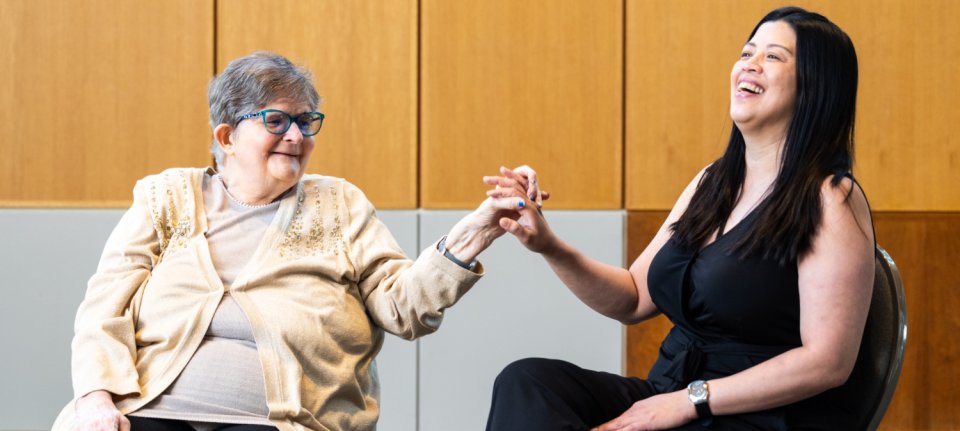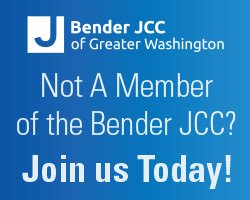
Makom is a Jewish word with several meanings, but we invite you to contemplate Makom as “place;” not a physical location, but the ideal that every person has their rightful place in the gestalt of humanity. Our communities are enriched by the presence of all people taking their place in them. If people with IDD (intellectual and/or developmental disabilities) don’t take their rightful place in our community, our world is imperfect.
This fundamental construct resides at the heart of Makom, whose mission is to support and empower people with IDD to achieve the quality of life to which they aspire. It is in Makom’s DNA that people with IDD have the right and responsibility to take their place in our community and the opportunity to pursue lives of quality and abundance. Our core values include self-determination, where we recognize the dignity of all people. We support each person’s right to make their own choices and the decisions which shape their lives, including the consequences of those decisions. In the IDD field, we call this “dignity of risk,” something people with IDD seek. “Let us choose. Let us fail, let us succeed; this is how everyone learns, grows, and builds resilience.”
At Makom, we embrace our role in supporting people with IDD. If a person can do anything for themself, they must be given space and opportunity to do it. If they ask for help or guidance, we offer it. If they need medical, emotional or psychological care, we either provide it or we offer resources.
We honor the progress we have made even as we recognize how much more we must do. For Makom, this frames a future in which people with IDD are ubiquitous in our society. We embrace a future of action, to achieve this vision of inclusion.
For JDAIM 2024, Makom proposed a radical change in our community’s thinking on Jewish disability awareness, acceptance and inclusion. Awareness is no longer our charge; we are aware of disabilities and we understand the wisdom of including people with disabilities in the tapestry of the Jewish community. But we also offer questions to prompt an examination of the result of our awareness: Are people with disabilities serving on synagogues’ boards of directors and in other positions of lay and professional leadership? Are all people with intellectual disabilities becoming b’nai mitzvah? Are we fully engaging kids with disabilities in our Hebrew and day schools? Are kids with disabilities fully engaged in youth groups like USY, BBYO and NFTY? Are young adults with IDD enjoying Birthright trips? Are synagogues architecturally and attitudinally accessible? What actions are we taking to address barriers?
Our vision for inclusion requires action. We join our partners at the Bender JCC, JSSA, Charles E. Smith Jewish Day School, and The Jewish Federation of Greater Washington in committing ourselves to intentional, measurable and substantive action that gets us to a future in which people with disabilities are indeed ubiquitous in the places in which we gather, the places in which we matter, where we’ll be missed if we’re not there. The places we belong.
Perhaps JDAIM might be adjusted to Jewish Disability ACTION and Inclusion Month. It is not our responsibility to finish this work, but neither may we desist to undertake it.


